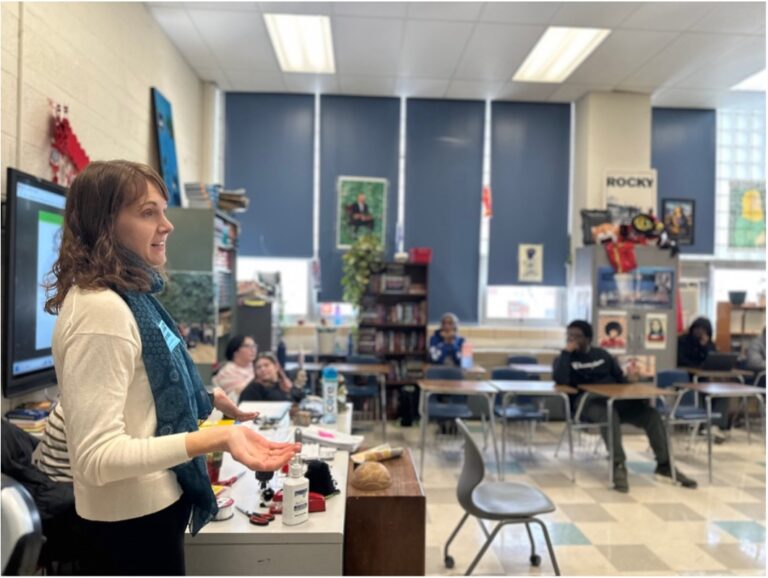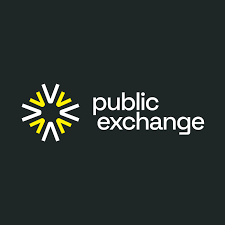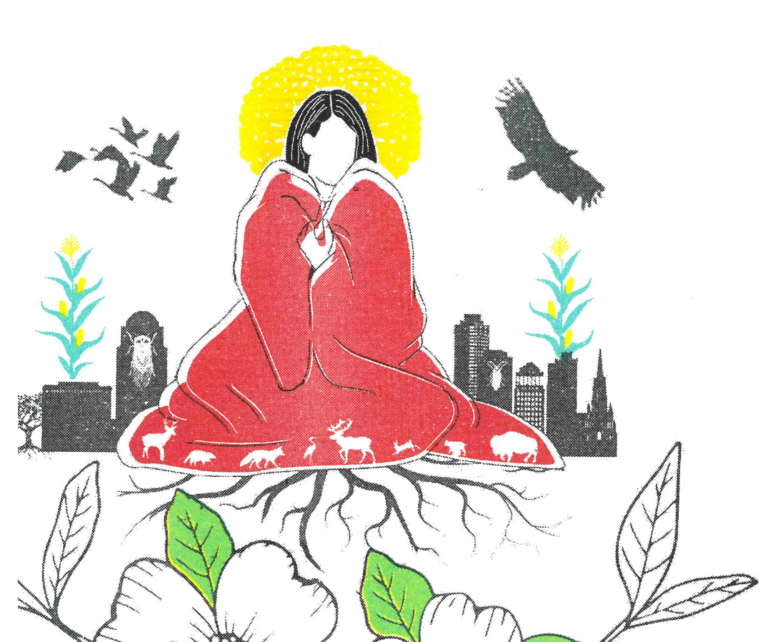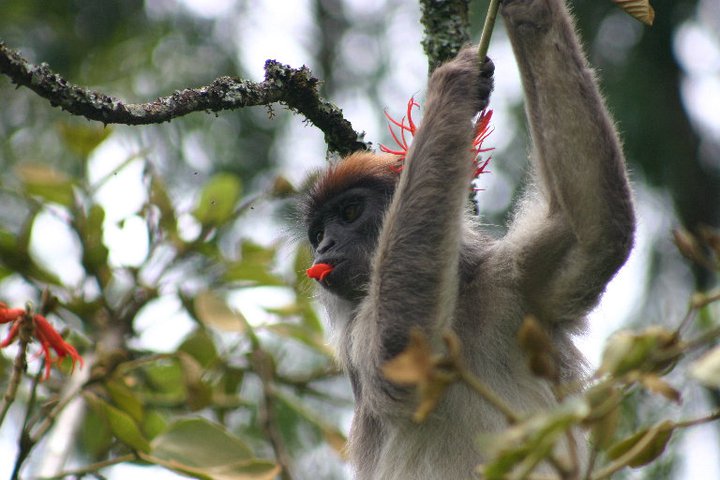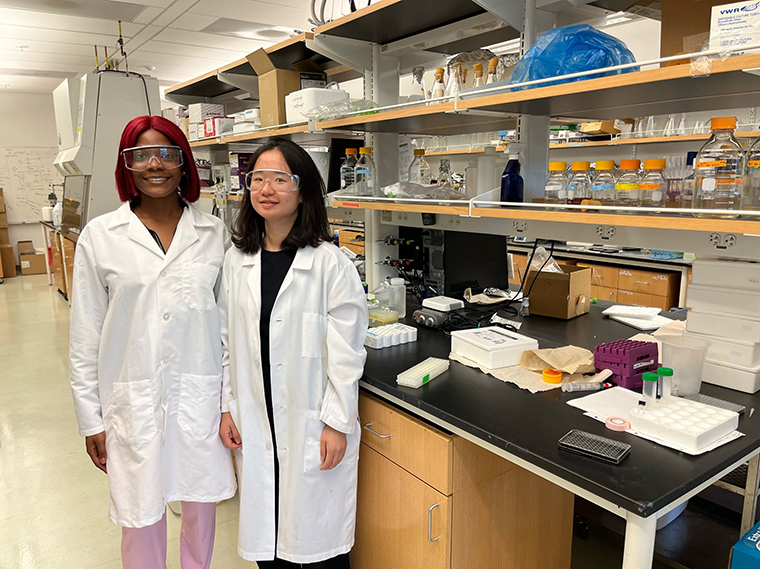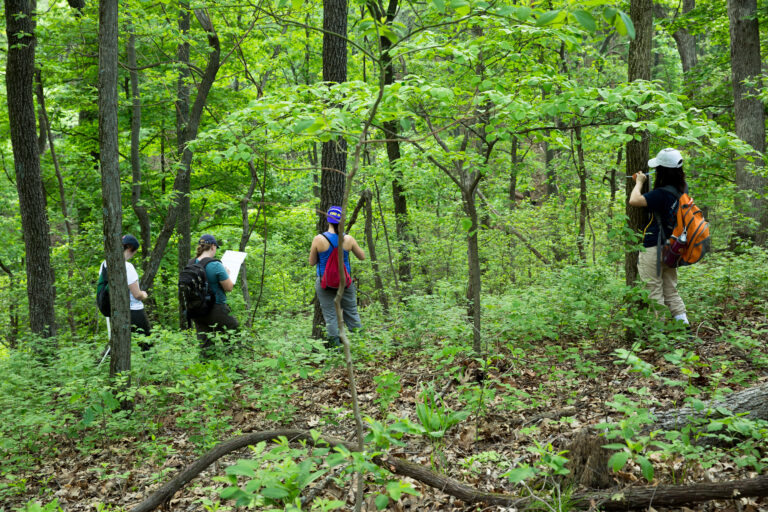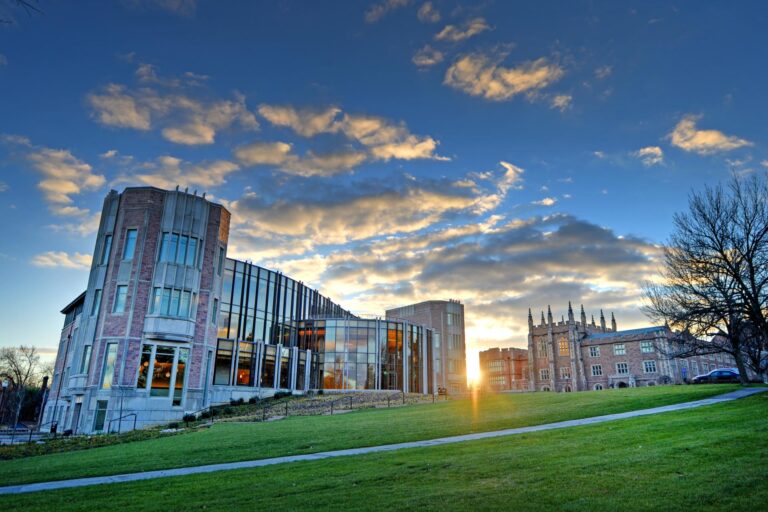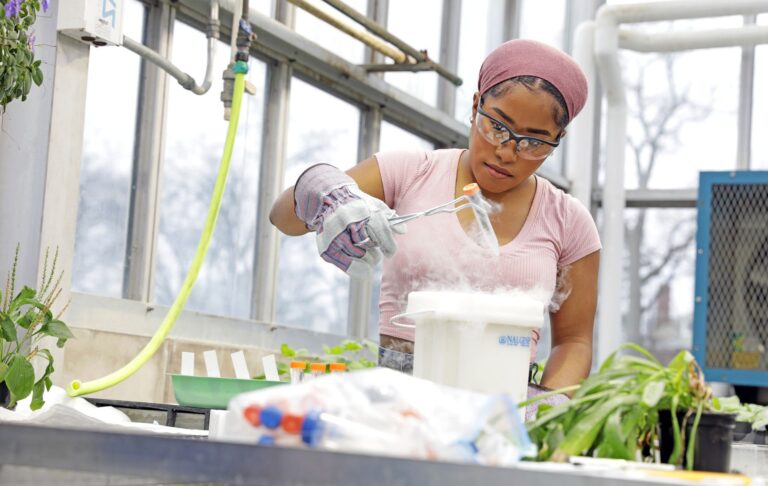Climate Across the Curriculum
WashU partners with Gateway STEM High School to connect students to opportunities in the sciences
Public Exchange
The Public Exchange transforms research into public good by partnering with WashU researchers, organizational leaders, and community members to address a question, challenge, or goal that helps people live better, safer lives. Together, we develop and design a project, find smart solutions, and put them into practice.
NSF grant funds collaborative water-safety innovation
University of Illinois scientists are developing a way for households to monitor the quality of their drinking water as part of a $5 million National Science Foundation-funded project led by Washington University in St. Louis.
Recultivating Indigenous Sovereignty and Stewardship
Friday, March 28th On March 28th, WashU hosted the 2025 Recultivating Indigenous Sovereignty Gathering Day-of-Panels – spearheaded by local native community members in collaboration with the Center for the Environment and 12 different partners. Over 100 campus and community members came together across three panels designed to advance Indigenous approaches to land and food systems. Featured […]
Graduate Student Lightning Talk Application
Apply below to present a lightning talk during the 2025 Environmental Research and Creativity Week. Would you like to present your research in a short, 5-minute lightning talk at the Center for the Environment Research Symposium? The WashU Center for the Environment is looking to showcase graduate student researchers whose work addresses any of the […]
WashU team to study virus transmission, human-wildlife interaction
Red colobus monkeys are the most threatened group of African monkeys. A Washington University in St. Louis team will model viral transmission dynamics among red colobus monkeys and their human neighbors near Kibale National Park, Uganda. The collaboration got its start with support from Arts & Sciences under its Incubator for Transdisciplinary Futures research cluster, “The Human-Wildlife Interface.”
WashU students contribute to biomanufacturing in space
Many kids dream of being astronauts when they grow up, but Millie Savage is contributing to something bigger: helping future space explorers manufacture their own supplies in space conditions.
Roots of diversity: How underground fungi shape forests
A large study involving 43 research plots in the Forest Global Earth Observatory (ForestGEO) Network — including a swath of trees at Tyson Research Center — has helped clarify the power of underground fungi to shape forests.
Undergraduate Academics and Programs
Washington University in St. Louis offers a variety academic programs, majors, and courses for undergraduate and graduate students.
Climate Curriculum Database
The Climate Curriculum Database is designed to allow students, professors, and others in the WashU community to find courses related to climate change in all of its related disciplines, from economics to architecture to engineering. Each course links to the WebStac course listing, where more information about syllabi, course descriptions and enrollment can be found.
